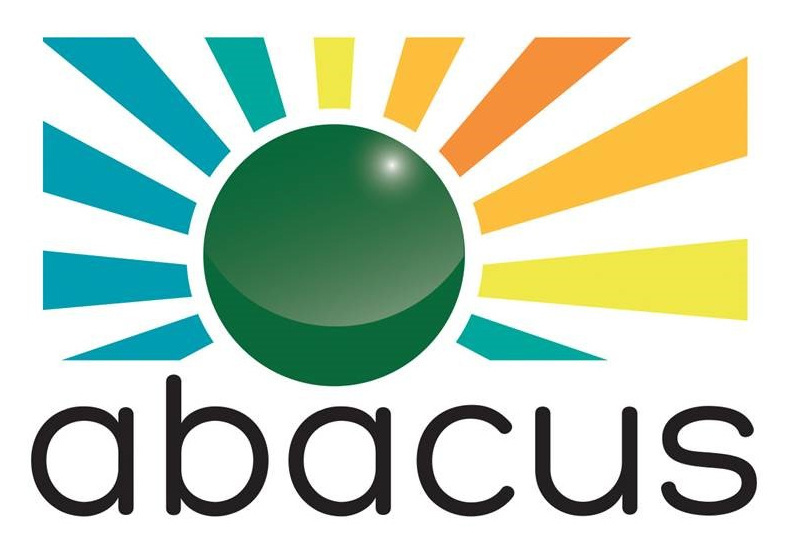

Firms also were instructed to send out past performance questionnaires (PPQs) to the point of contact identified in each PPIS. The RFP further advised that each PPIS could encompass only one stand-alone contract, or a single task order under an overarching IDIQ contract. Each example had to be described in an individual past performance information sheet (PPIS), and each PPIS had to be prepared in accordance with a form included with the RFP. Proposals could include up to 10 past performance examples.

The agency was to assign each concern an overall performance confidence rating of substantial confidence, satisfactory confidence, limited confidence, no confidence or unknown confidence. at 223.įor the performance confidence assessment, the RFP required the agency to perform a detailed and in-depth assessment for each offeror by considering the quality of recent, relevant contract efforts (either government or commercial) performed either by the offeror or the offeror’s significant subcontractors or teaming partners. Award decisions were to be based on an integrated assessment of performance confidence and cost/price performance confidence was significantly more important than price.


The agency was to perform a performance confidence assessment and cost/price evaluation on the proposals found technically acceptable or reasonably susceptible of being made technically acceptable. Firms were advised that the agency would first evaluate proposals for technical acceptability on a pass/fail basis. The agency anticipated awarding between six and nine contracts, but reserved the right to make more, fewer, or no awards. The agency was to award contracts on a “best value” basis using a performance price tradeoff procedure. Each awarded contract has a minimum guaranteed value of $2,500 the maximum value of the contracts awarded under the small business set-aside portion of the agency’s acquisition is $5.7 billion. The RFP contemplates a 3-year base period, and up to four 1-year option periods, during which the agency can award one or more task orders to the successful contractors. The RFP anticipates the award of multiple indefinite-delivery/indefinite-quantity (IDIQ) contracts that include cost reimbursable elements, fixed-price elements, and labor hour elements. The overarching acquisition commonly is referred to as Network Centric Solutions-2 (NETCENTS-2), and these protests concern the award of contracts to small business concerns under the small business set-aside portion of the acquisition. The RFP, issued September 28, 2011, solicited proposals to provide network operations, infrastructure and service oriented architecture information and transformation services and solutions to the Air Force and other Department of Defense agencies at locations worldwide. We sustain the protests in part, deny them in part, and dismiss them in part. The protesters maintain that the agency misevaluated proposals, failed to engage in adequate discussions, and made unreasonable source selection decisions. FA8771-09-R-0019, issued to acquire a wide array of information technology services and products. (IDI), of Ashburn, Virginia Abacus Technology Corporation, of Chevy Chase, Maryland D&S Consultants, Inc., of Eatontown, New Jersey and CDO Technologies, Inc., of Dayton, Ohio, protest the award of multiple contracts by the Department of the Air Force under request for proposals (RFP) No. Protests are sustained where record shows that agency’s evaluation and source selection decisions fail to conform to the solicitation’s evaluation scheme and basis for award. Scott H. Riback, Esq., and Tania Calhoun, Esq., Office of the General Counsel, GAO, participated in the preparation of the decision. Henderson, Department of the Air Force, for the agency. Douglas Kerner, Esq., Buchanan Ingersoll & Rooney LLP, for Epsilon Systems Solutions, Inc., intervenors.Ĭhristine C. Hill, Esq., Miles & Stockbridge, P.C., for American Systems Corporation and Telos Corporation and David B. Phillips, Esq., Centre Law Group, LLC, for SMS Data Products Group, Inc. Crusius, Esq., Mitchell Bashur, Esq., and James S. Coulter, Esq., and Nicole Hardin Brakstad, Esq., LeClair Ryan, PC, for CDO Technologies, Inc., protesters. Pachter, Esq., Mary Pat Buckenmeyer, Esq., Armani Vadiee, Esq., and Zachary D. Ginsberg, Esq., Pillsbury Winthrop Shaw Pittman LLP, for Abacus Technology Corporation Jonathan D. Gill, Esq., and Trevor Tullius, Esq., Squire Patton Boggs, for Intelligent Decisions, Inc. Mary Beth Bosco, Esq., Holland & Knight, LLP, and Elizabeth M.


 0 kommentar(er)
0 kommentar(er)
